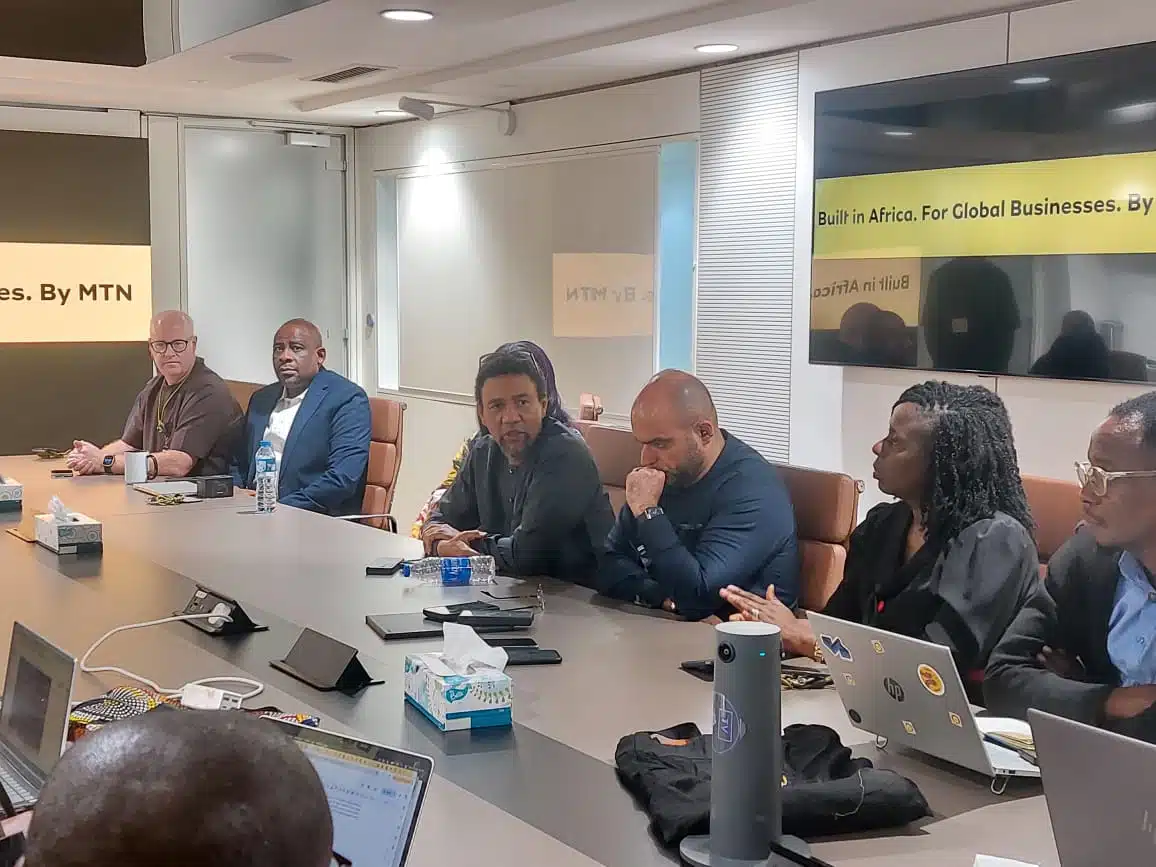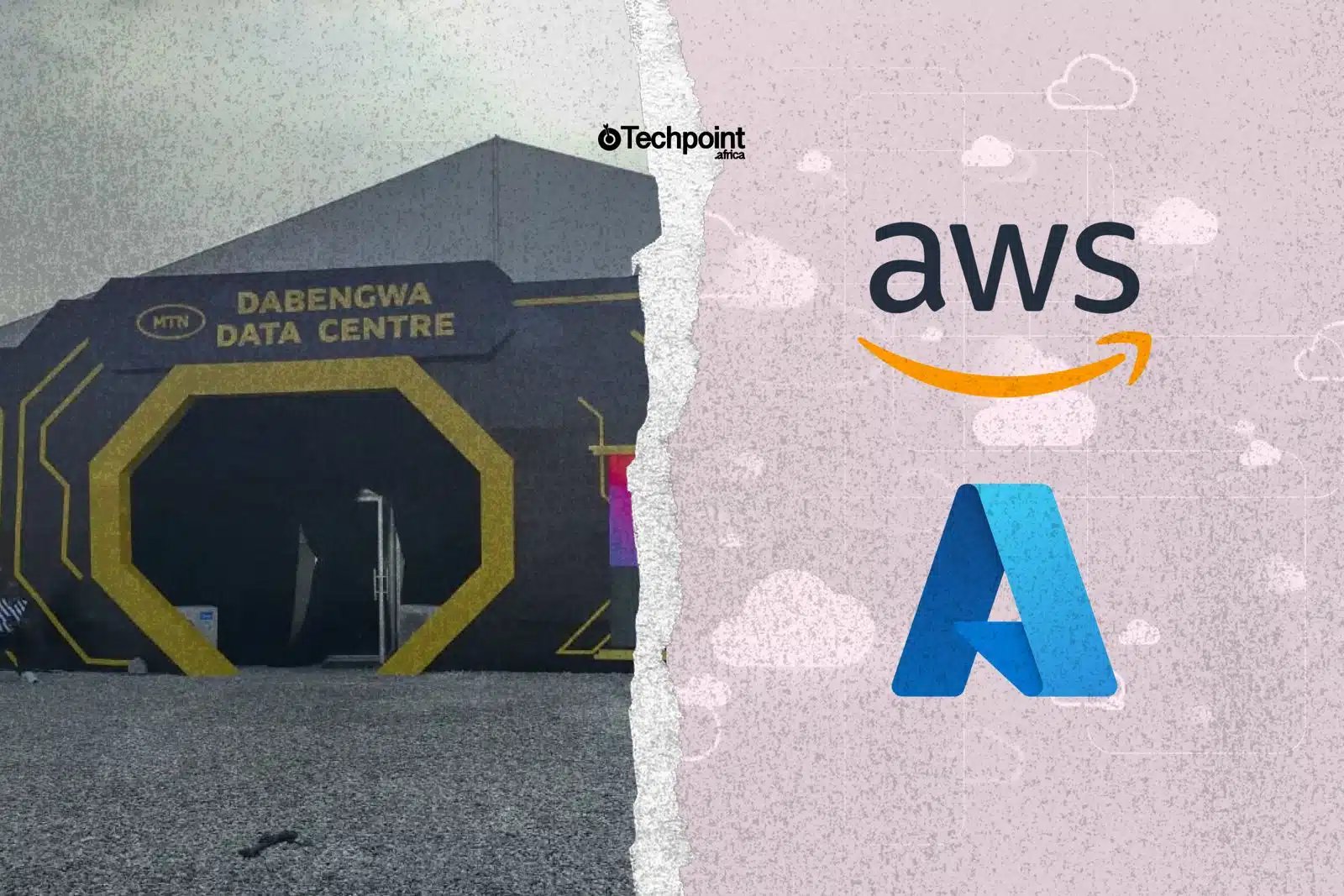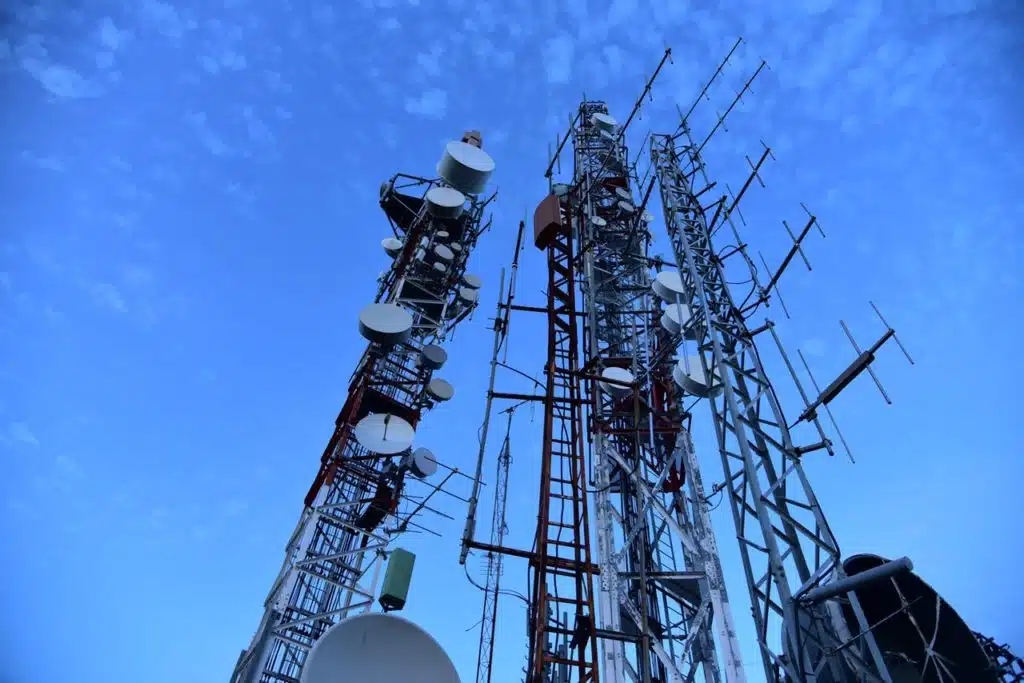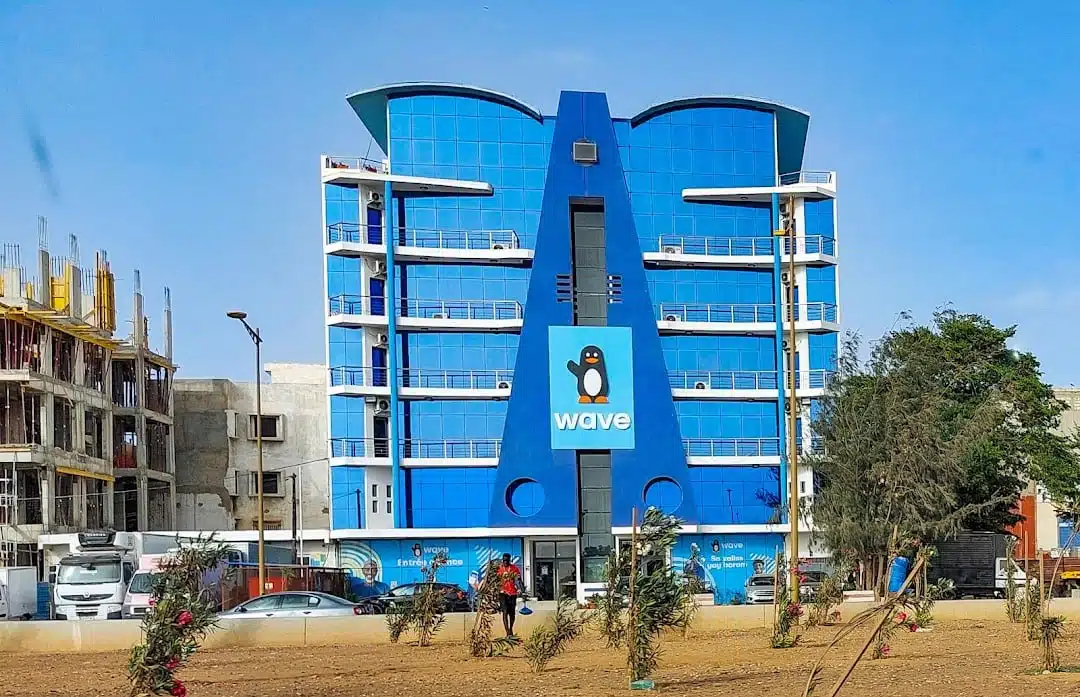MTN Nigeria today, July 1, 2025, launched what it describes as West Africa’s largest Tier III data centre—and one of the largest in Africa.
Named the Sifiso Dabengwa Data Centre, the facility has a capacity of nine megawatts and is equipped with cloud infrastructure that the telco claims rivals offerings from Amazon, Microsoft, and Google.
The company has launched the first phase of the data centre, which delivers 4.5 megawatts of capacity. The second phase will be introduced based on demand for computing power. According to Yahaya Ibrahim, MTN Nigeria’s Chief Technical Officer, both phases are valued at $235 million, while the cloud infrastructure alone costs $20 million.
Roger Shutte, MTN Nigeria’s General Manager for Infrastructure, told journalists during a press briefing that the facility is expected to scale up to 14 or even 20 megawatts, depending on future demand.
Speaking at the launch, MTN Nigeria CEO Karl Toriola said the company is proud of this milestone, describing it as a step towards enabling growth and supporting Nigeria’s tech ecosystem.
“We are going to continue to expand the capacity that we have, and part of that is the readiness for artificial intelligence,” he said.
Toriola also noted that the data centre is named after MTN Nigeria’s former CEO, Sifiso Dabengwa, in tribute to the man he said paved the way for the telecom operator’s success in Nigeria.
Bringing global-standard cloud services to Nigeria
Lynda Saint-Nwafor, MTN Nigeria’s Chief Enterprise Business Officer, revealed that the data centre’s cloud services offer self-orchestration capabilities—the first of its kind in Nigeria.
This means that, similar to Amazon Web Services or Microsoft Azure, developers can log in and independently manage their computing and storage needs remotely.
Saint-Nwafor declared that Nigerian startups and businesses no longer need to rely on global providers such as Amazon and Microsoft, as MTN now offers comparable—and in some cases, superior—cloud services.
She emphasised that hosting data in Lagos, close to Nigerian businesses, translates to lower latency and faster access to data.
Explaining why businesses should consider MTN’s cloud services, she highlighted pricing in naira as a major advantage, particularly for businesses that earn revenue in naira.
While companies like Amazon already accept naira payments, she pointed out the difference between accepting naira and pricing services in naira.
Interestingly, Ernest Akinlola—a former executive at T-Mobile (Germany), Virgin Mobile (UK), and Etisalat Nigeria—previously predicted that telcos would pivot to B2B services such as data centres, as recent tariff hikes (including the 50% increase) would not be enough to sustain revenue growth.
MTN CEO Toriola declined to disclose to Techpoint Africa the expected return on investment (ROI) for the data centre. However, considering the scale of the investment and plans for future expansion, it is clear that MTN is playing the long game.











